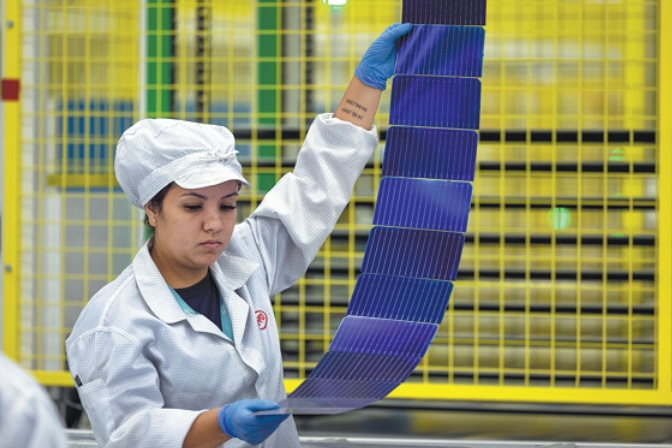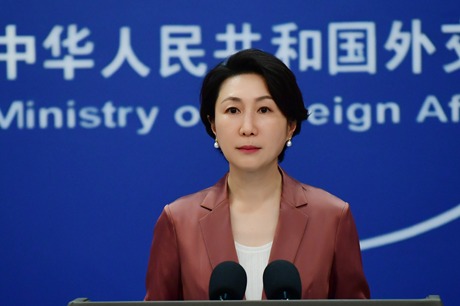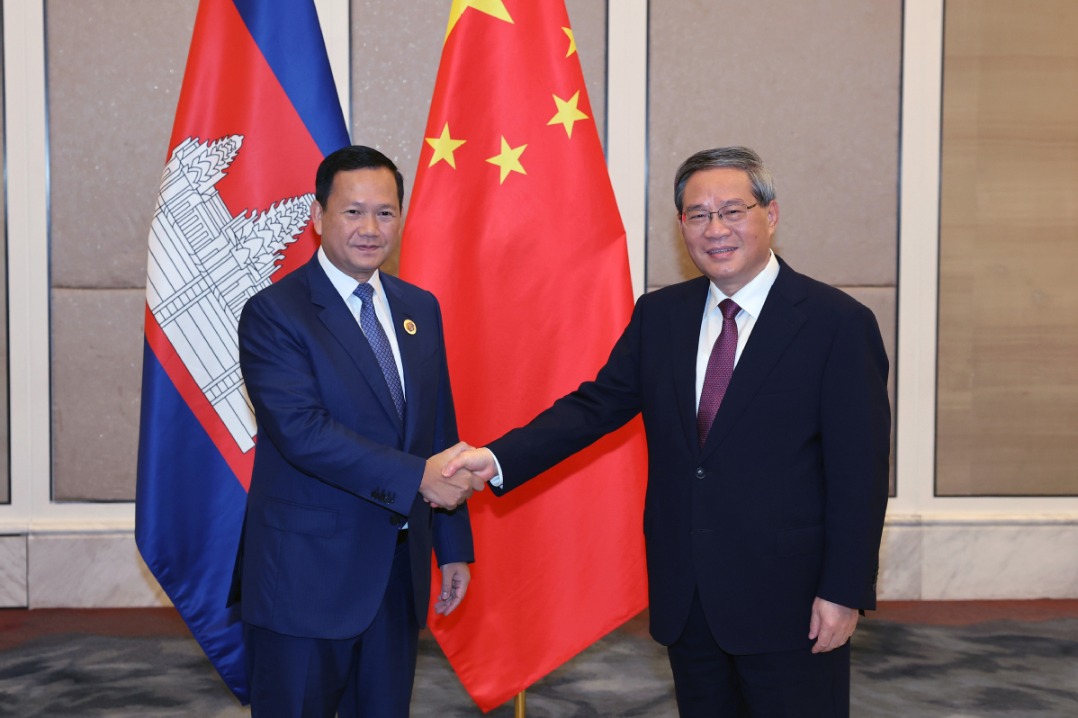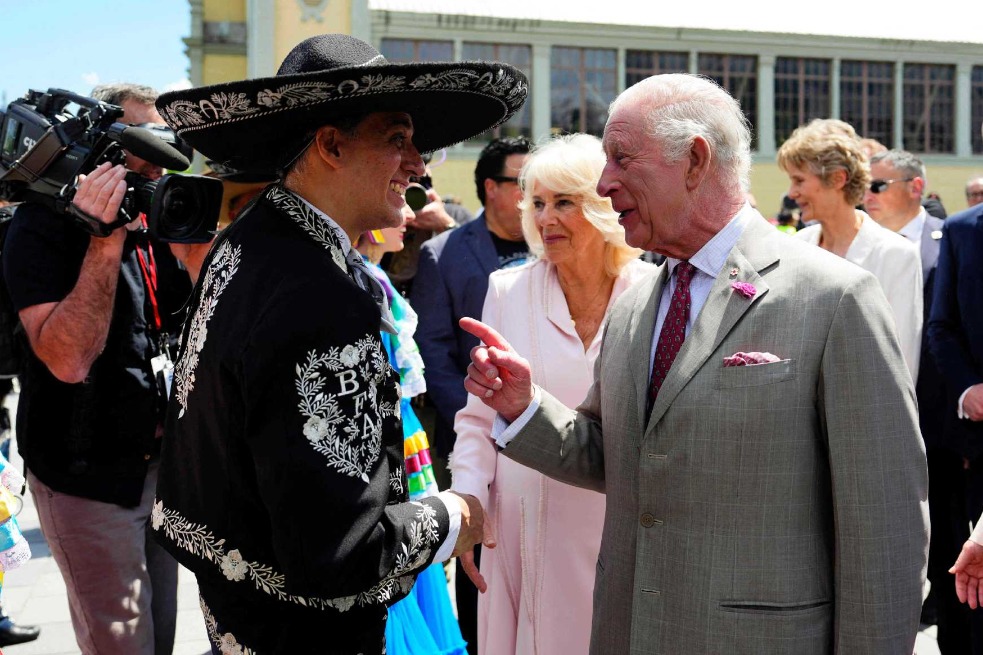Modernization path of China draws acclaim
Homegrown models of development lead to prosperity, African experts say

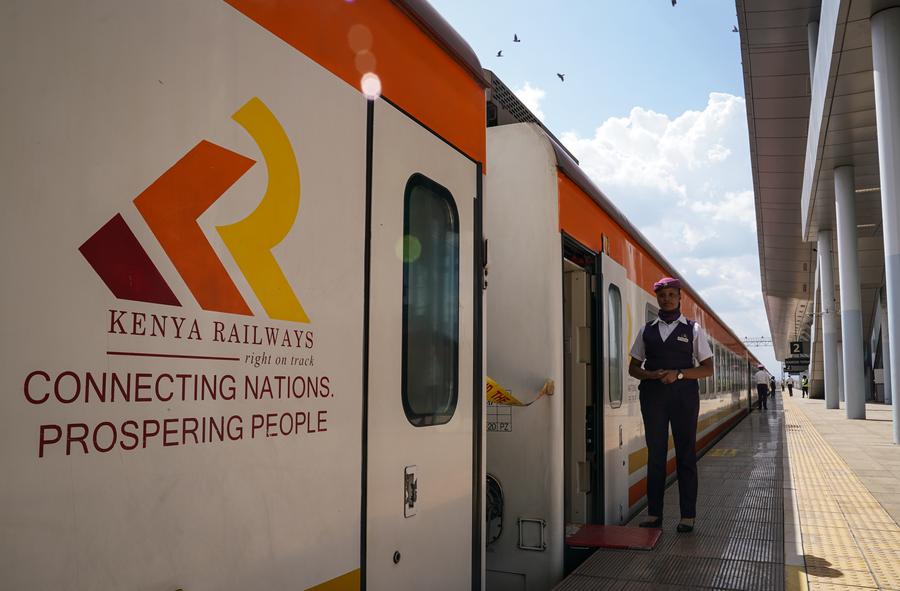
African experts have lauded the Chinese model of modernization which differs from the West, calling for joint efforts to achieve modernization for Africa and the Global South.
Peter Kagwanja, the chief executive at the Africa Policy Institute in Nairobi, said the history of China and Africa has made it crystal clear that externally imposed models of modernization only deepen poverty and underdevelopment, often leading to cycles of conflict, destruction and death.
Homegrown forms of modernization, on the other hand, lead to the transformation of a traditional, rural, and agrarian society to a higher, urban and industrial one, leading to poverty eradication and a more prosperous nation, he said.
"China and Africa have chosen the path of independent modernization and peaceful development, paved by dialogue as envisioned by the Global Civilization Initiative," Kagwanja said.
"(Attempts) to impose Western models of modernization failed tragically. It is now clear that modernization is not equal to Westernization," Kagwanja said.
The success of Chinese-style modernization has shown that poverty is not a curse for any country or civilization. Africa too, can modernize and industrialize, he said.
He said many African countries have pursued a "Look-East-Look-South" policy to benefit from China's modernization.
"Today, Chinese-style modernization meets African modernization in the dream of 'African Renaissance'. China and Africa have joined hands to find synergy in their separate paths to modernity," Kagwanja said.
Being the biggest trade partner and a major investor in Africa, China has intensified cooperation with the continent in various areas in recent years. In September, the Beijing summit of the Forum on China-Africa Cooperation, or FOCAC, called for joint efforts to deepen Sino-Africa cooperation and promote modernization for the Global South.
Kagwanja said China is supporting Africa's Agenda 2063 and the continent's efforts to establish its free trade area.
Dennis Munene, executive director of the China-Africa Center at the Africa Policy Institute, said China's path to modernization is a story full of resilience that needs to be told to spur sustainable development of Africa and other continents.
He said China's modernization perpetuated by its high-level opening-up policy continues to drive global prosperity and economic transformation despite the imminent global recession and the ongoing politics of nationalism.
"For over four decades, China has embraced reform and opening-up, reshaping not only its own economy but also contributing significantly to the global development, creating win-win opportunities for both China and the world," Munene said.
Global South cooperation
He said China has become a key pillar and beacon of hope in advancing the visions and missions of the Global South cooperation.
Through the provisions of the global shared human values such as the FOCAC, the Belt and Road Initiative, the Global Development Initiative, the Global Security Initiative, and the Global Civilization Initiative, China has empowered the majority of the countries in the Global South, he said.
"Through these global shared human values, China has provided sustainable funding models, enhanced trade and economic development, advanced people-to-people connectivity, and increased infrastructure development such as the construction of roads, railways, ports, bridges, industries, hospitals, schools, energy facilities among other critical infrastructure projects," Munene said.
Cavince Adhere, a Kenyan-based international relations scholar, said for the two sides to fashion a more inclusive, prosperous and sustainable future, they should first focus on infrastructure modernization.
"Currently, the continent's infrastructure gap stands above $100 billion annually. Imagine where we could be without the BRI. In just a decade, the BRI has seen construction of over 200,000 kilometers of fiber optic cables; over 100,000 km of roads; over 10,000 km of rail, nearly 100 ports; 130 hospitals; and 200 schools," he said.
Adhere said the two parties should also invest in agriculture that can feed people and industries, noting that Africa has 60 percent of the world's arable land yet food security remains a challenge.
On the other hand, China is home to modern agricultural technologies that can be tapped to improve productivity in Africa, move Africa out of subsistence farming and launch the continent on a new pedestal of industrial scale, he said.
Adhere said the two parties should also focus on energy solutions to power industrialization in Africa as well as invest in trade that facilitates poverty reduction and joint prosperity.

















